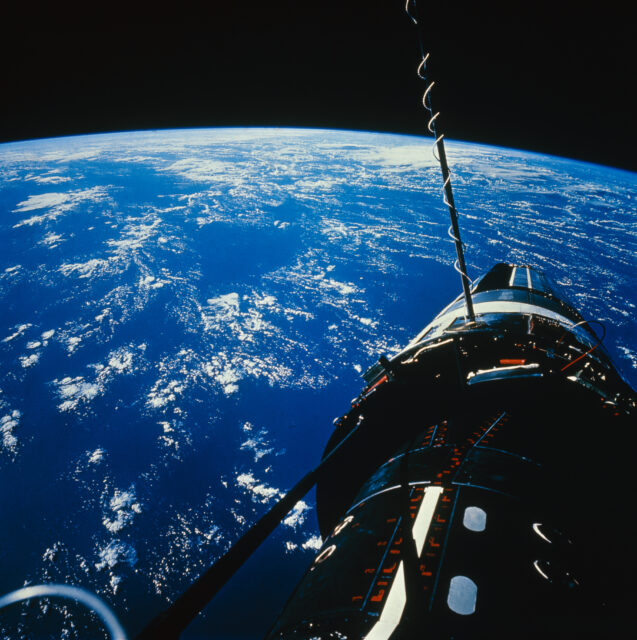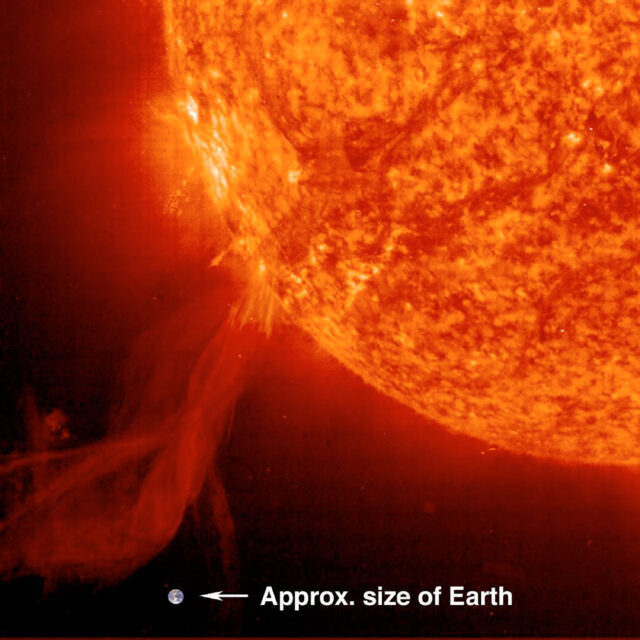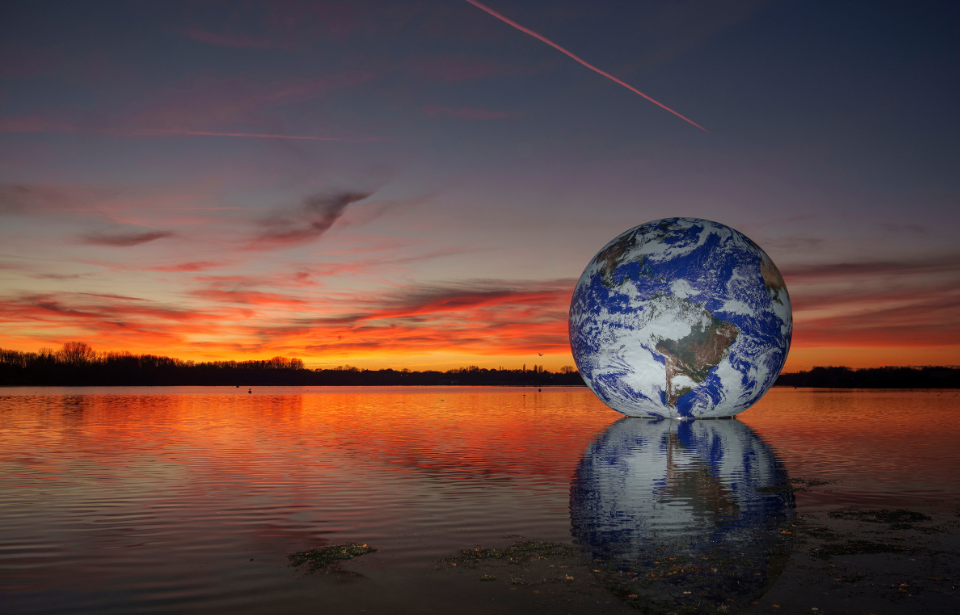Space is the final frontier – the next great adventure awaiting human exploration. The popularization of space travel by billionaire adventurers has reintroduced a mass interest in space that has not been seen since the 1960s and ’70s with NASA’s Apollo missions.
But as exciting as space travel is, it may be a necessity for the survival of the human race. Researchers working with NASA have determined when the sun will burn off the oxygen in Earth’s atmosphere, ending all life on Earth.
Don’t panic. We still have until the year 1,000,002,021.
The end of the world
Oxygen is essential for life here on Earth. However, the atmosphere has been harmed by the sun’s radiation and exacerbated by human damage, particularly in the form of greenhouse gases. In a research paper published in 2021, scientists determined that all life on Earth would cease to exist following the mass deoxygenation of the planet.

As the study stated, “we find that future deoxygenation is an inevitable consequence of increasing solar fluxes, whereas its precise timing is modulated by the exchange flux of reducing power between the mantle and the ocean-atmosphere-crust system.”
In plain English, in just over a billion years, the radiation emitted from the sun will become too much for Earth’s atmosphere and will consume all of the oxygen, ultimately ending all life on the planet.
Kazumi Ozaki, an assistant professor at Tohoku University, ran the models more than 400,000 times. Each model was varied slightly to ensure all variables were considered. It became clear that Earth’s atmosphere will continue to exist for about a billion years, but will then experience rapid deoxygenation, rendering the planet lifeless and uninhabitable.
It could be worse
The tests, and this billion-year timeline, were determined by looking at the sun. Radiation from the sun will be the end of Earth as dictated by this study. But climate change may make it worse, and the billion-year timeline might be shorter.

Earth’s climate has always changed throughout its history, but the current warming has not been seen in the past 10,000 years. Evidence of global warming is everywhere, from melting ice caps to the general increase in temperatures.
On the surface, this doesn’t sound like a very pressing problem. A billion years is a long way away, after all. This “end of life on Earth” might not affect us, our children, or many generations to come. But it will eventually affect humankind.
More from us: William Shatner’s Trip to Space Led to ‘Overwhelming Sadness’
Deoxygenation may happen before the billion-year mark, or it may happen after. No guarantees can be given when this will occur, but the fact is it will occur. This acts as a cautionary tale. It is clear that for the survival of the human race that we have to change our ways here on Earth, for the here and now. For the future, we must look into space and boldly go where no man has gone before.
